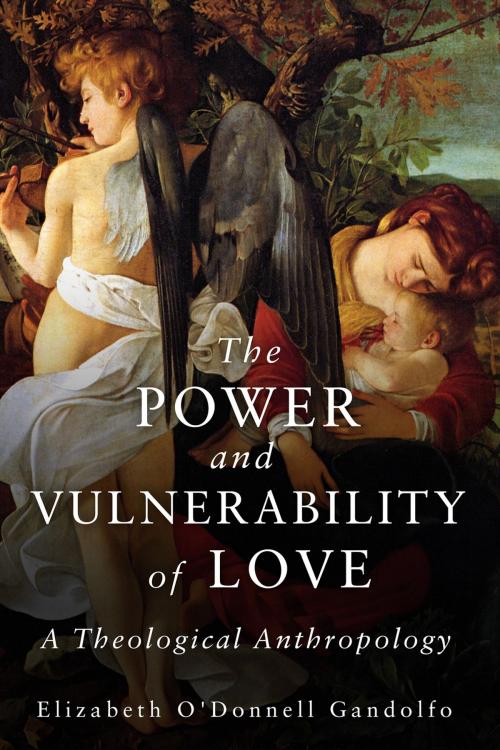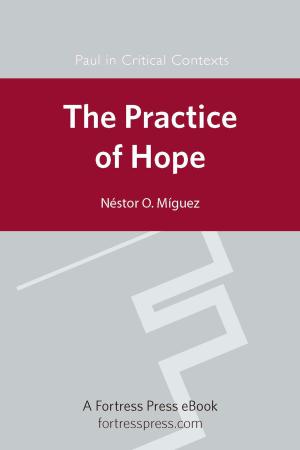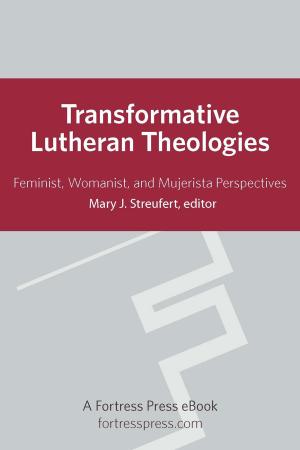The Power and Vulnerability of Love
A Theological Anthropology
Nonfiction, Religion & Spirituality, Theology, Christianity| Author: | Elizabeth O'Donnell Gandolfo | ISBN: | 9781451494204 |
| Publisher: | Fortress Press | Publication: | February 1, 2015 |
| Imprint: | Fortress Press | Language: | English |
| Author: | Elizabeth O'Donnell Gandolfo |
| ISBN: | 9781451494204 |
| Publisher: | Fortress Press |
| Publication: | February 1, 2015 |
| Imprint: | Fortress Press |
| Language: | English |
What is it about human beings that makes us capable and even desirous of inflicting terrible suffering on others (and ourselves)? If human beings—not God—are the cause of evils such as extreme poverty, violence, and oppression, it is imperative that we probe the depths of the human heart to uncover why we, who are made in the image of Divine Eros, fail so miserably to love. Gandolfo constructs a theological anthropology in response to these pivotal questions. Gandolfo maintains that such an anthropology—and a response to these questions—begins with the condition of human vulnerability. Drawing on women’s experiences of maternity and natality, she argues that vulnerability is a dimension of human existence that causes us great anxiety, which in turn sets in motion tragic attempts by individuals and interest groups to eliminate their own vulnerability at the cost of vulnerable others. Yet, vulnerability not only forms the basis for violence but also affords the possibility of human openness to the redemptive work of divine love. Poised paradoxically between tragic and redemptive vulnerability, human beings need existential resources and empowering practices to cope with and manage our vulnerability in more courageous, peaceful, and compassionate ways.
What is it about human beings that makes us capable and even desirous of inflicting terrible suffering on others (and ourselves)? If human beings—not God—are the cause of evils such as extreme poverty, violence, and oppression, it is imperative that we probe the depths of the human heart to uncover why we, who are made in the image of Divine Eros, fail so miserably to love. Gandolfo constructs a theological anthropology in response to these pivotal questions. Gandolfo maintains that such an anthropology—and a response to these questions—begins with the condition of human vulnerability. Drawing on women’s experiences of maternity and natality, she argues that vulnerability is a dimension of human existence that causes us great anxiety, which in turn sets in motion tragic attempts by individuals and interest groups to eliminate their own vulnerability at the cost of vulnerable others. Yet, vulnerability not only forms the basis for violence but also affords the possibility of human openness to the redemptive work of divine love. Poised paradoxically between tragic and redemptive vulnerability, human beings need existential resources and empowering practices to cope with and manage our vulnerability in more courageous, peaceful, and compassionate ways.















